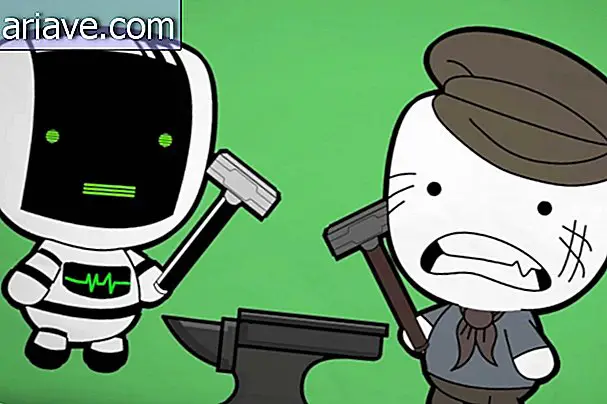Knowing the end doesn't hurt books or movies, research says

(Reuters) If you're angry that some spoiler has revealed a movie plot or told the end of a book, you don't have to be. A new study by researchers at the University of California shows that knowing the facts in advance can increase enjoyment, even for thriller books or movie storylines.
After examining three types of stories — comic, mystery, and literary twist — by authors such as John Updike, Roald Dahl, and Agatha Christie, they found that readers preferred versions that once had a paragraph that revealed the end of the plot. "I was very surprised by the results, " researcher Nicholas Christenfeld said in an interview. "Like most people, I don't look at the back of the book to see who dies or what happens."
For this work each story was read by up to 30 people and presented in two formats: the original version and another with a paragraph inserted, which revealed the end of the plot. Readers of all three stories preferred the spoiler version more than the original. "The plots are just an excuse for a great work, " Christenfeld explained. "Nonetheless, the plots are important, like a skeleton or a 'hook'. You need them to show the things that are important, but the plot itself is not decisive."
When viewers already know the ending of the movie, they may want to see it again to see things that made sense or not the first time they saw it. In this study, to be published in the journal Psychological Science, researchers said they found that the success of entertainment is not based solely on suspense.
"Stories are a universal element of human culture, the backbone of the billion dollar entertainment industry, and also the medium through which religious and social values are transmitted, " they wrote. Christenfeld and co-author Jonathan Leavitt added that the study's findings may mean that common sense perceptions of suspense may be incorrect.











